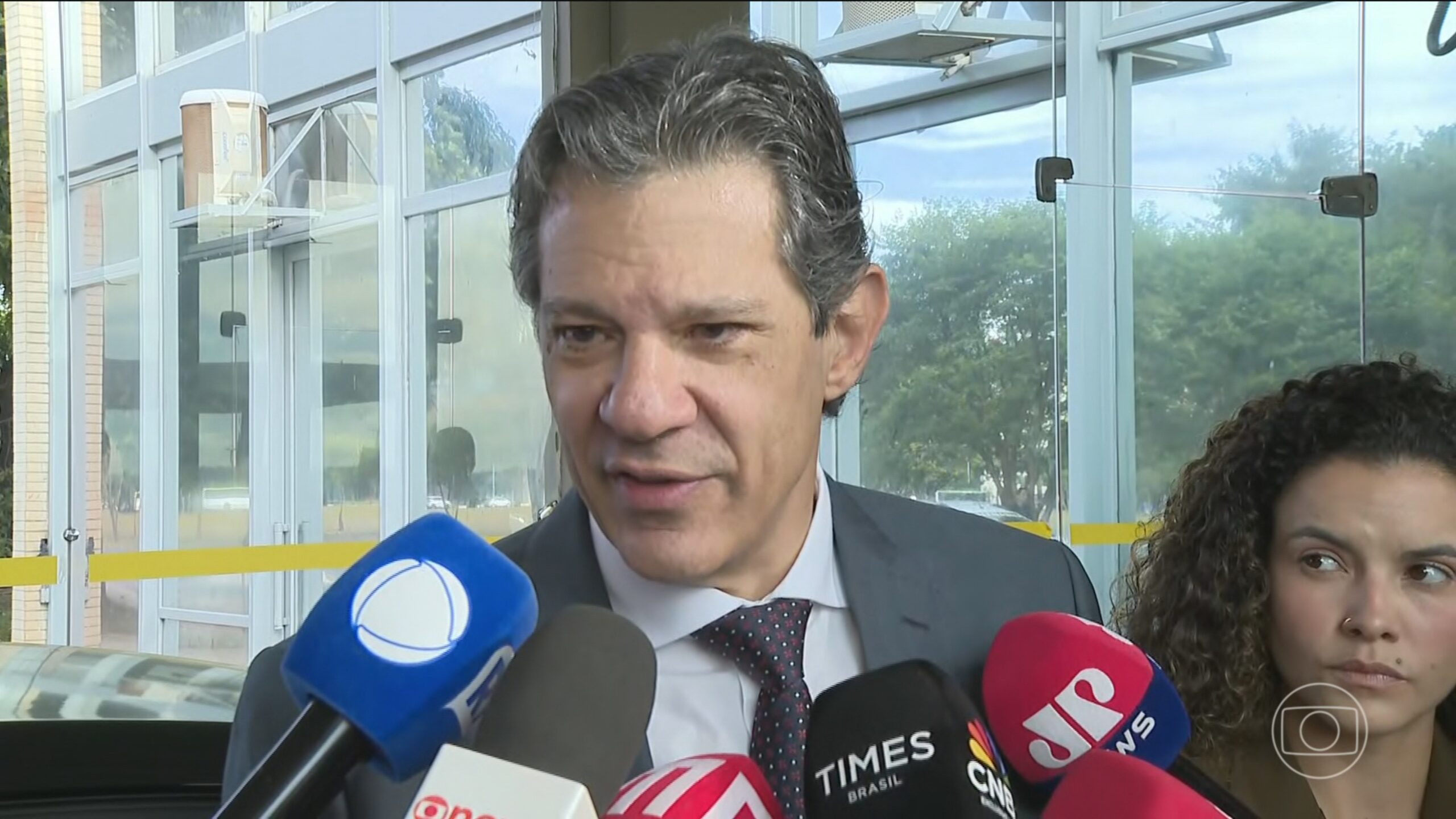In a recent statement, the Minister of Finance highlighted the government’s willingness to make adjustments to the decree that raised the tax on financial operations, emphasizing the importance of negotiating with Congress for structural reforms. This declaration sets the tone for a week of potential changes and discussions aimed at finding a balanced solution.
The Minister expressed his commitment to engaging in productive conversations with key figures in Congress to address the current challenges. He emphasized the need to correct existing financial system distortions to create room for fine-tuning the IOF decree. Additionally, he stressed the importance of incorporating any alterations within the framework of structural reforms to avoid recurring yearly adjustments solely for budgetary purposes.
“The agreement reached involves addressing systemic financial distortions to refine the IOF decree and placing any modifications under the umbrella of structural reforms. This approach ensures a more sustainable and coherent budgetary planning process,”
stated Fernando Haddad, the Minister of Finance.
While specific details regarding structural measures were not disclosed, Haddad expressed optimism in swiftly resolving the IOF impasse within a shorter timeframe than the initially negotiated ten days. He indicated a proactive stance in tackling the issue promptly, underscoring the significance of making informed policy decisions promptly.
The government’s initial projection aimed at raising approximately R$ 19 billion in 2025 through the IOF increase, with a doubling of this figure anticipated in 2026. Within the economic sector, deliberations are ongoing regarding potential retention of certain aspects of the decree, particularly the elevation of the IOF for debit card transactions and overseas bank account movements.
Since the publication of the IOF hike decree, the government has faced mounting pressure from various sectors. Concerns have been raised by both the productive and financial industries regarding increased credit costs for businesses, which could reverberate across key economic segments. In response, Congress has initiated discussions on overturning the measure to address these pressing concerns.
During a parliamentary session, Hugo Motta, the President of the Chamber of Deputies, refrained from commenting on the issue. Meanwhile, in a separate event in São Paulo, Gabriel Galípolo, President of the Central Bank, reiterated his opposition to utilizing the IOF for government revenue enhancement purposes. He emphasized the regulatory nature of the tax and highlighted potential risks associated with its application in monetary policy support.
As the government navigates these intricate fiscal challenges, the broader implications of these decisions extend beyond immediate fiscal considerations. The ongoing discussions underscore the delicate balance required to address economic concerns while fostering sustainable long-term growth and stability. By incorporating expert insights and stakeholder perspectives, policymakers can navigate these complexities effectively.
In conclusion, the evolving narrative surrounding the adjustment of the IOF decree underscores the dynamic nature of fiscal policy and the importance of stakeholder collaboration in shaping effective economic strategies. As discussions continue, finding a harmonious balance between short-term fiscal imperatives and long-term structural reforms remains crucial for ensuring fiscal resilience and sustainable economic growth.









Leave feedback about this